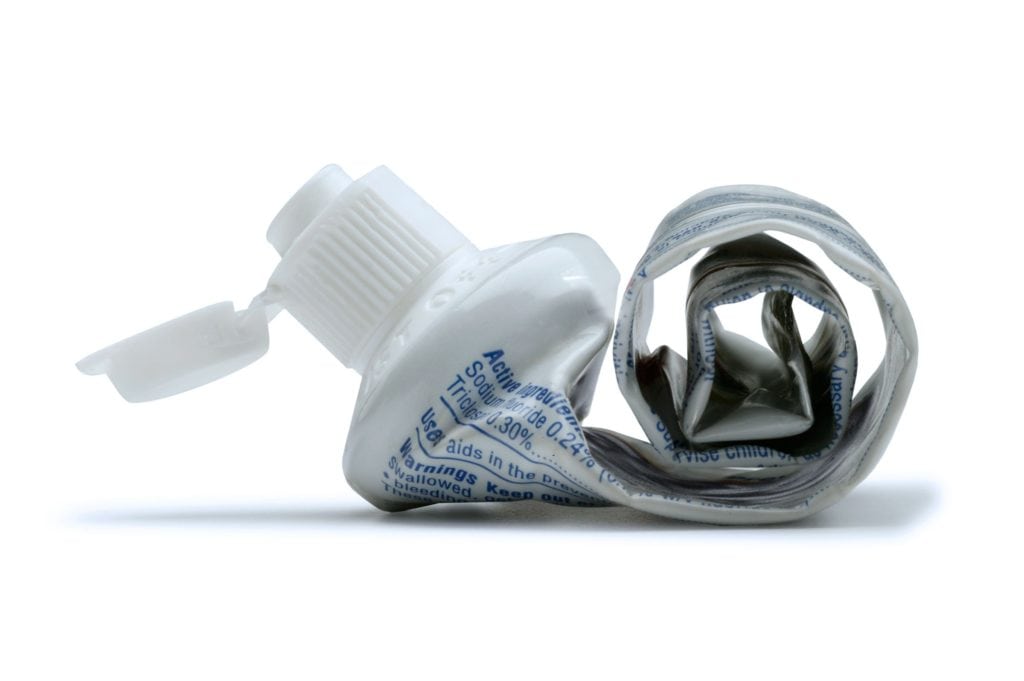What Do Those Gum Numbers at the Dentist Mean?
You come in for your checkup, take a seat in the chair, open wide—and suddenly the dentist and nurse start calling out numbers like they’re speaking in code. “Three, two, two, three…” What on earth does it all mean?
A patient asked me this the other day, so I thought it might be helpful to explain what those mysterious numbers are all about—and why they’re important for your oral health.
The Gum Health Check (aka the Number Game)
One of the first things we do during a check up is assess the health of your gums. Gum issues are one of the most common things we deal with at Will Murphy Dentistry, and early detection makes a huge difference.
The numbers you hear are part of what’s called a Basic Periodontal Examination (BPE). Basically, we’re measuring the space between your tooth and the surrounding gum—known as the pocket depth. Each tooth gets a score based on how deep that gap is, and we use a tiny probe to check.
We measure in millimetres, and in this game, smaller numbers are better.
Here’s a quick guide to what those numbers mean:
- 0–1 mm – Excellent, your gums are in great shape
- 2–3 mm – A little inflammation, but we can work on that
- 4 mm or more – Deeper pockets, which means we’ll need to do some deeper cleaning and keep a closer eye
Why Do These Numbers Matter?
Healthy gums are the foundation of a healthy mouth. If the gap between your tooth and gum gets too big, it can trap plaque and bacteria, leading to inflammation (gingivitis), gum disease (periodontitis), and even tooth loss if left untreated.
So next time you hear those numbers being called out, you’ll know they’re not random—they’re giving us (and you) a clear picture of how your gums are doing.
A Few Easy Ways to Keep Those Numbers Low:
- Floss daily. Ideally after brushing, but at least once a day. Even better if you can do it after meals.
- See the hygienist regularly. They’ll help prevent plaque and tartar buildup before it becomes a problem.
- Quit smoking. It’s one of the biggest risk factors for gum disease.
- Brush twice a day. Two minutes, morning and night, with a fluoride toothpaste.
Want more info? The British Society of Periodontology has loads of helpful tips on keeping your gums in tip-top condition: www.bsperio.org.uk
Got a Question for Us?
If there’s something you’ve always wondered about what we do, drop us a line at info@willmurphydentistry.co.uk—we’re happy to answer, and who knows, your question might even feature in a future blog post!
Want to keep your gums in great shape?
Book a hygiene appointment today or ask us at your next visit how your gum scores are looking—we’re always happy to help keep your smile healthy.













